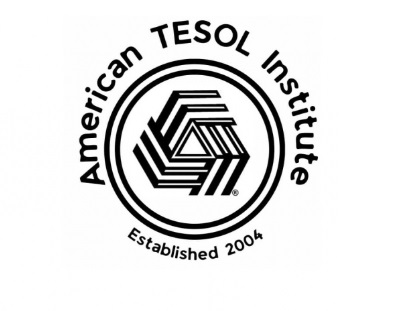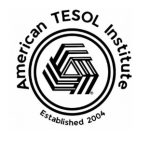What defines a truly effective teacher? While there’s no single formula, key principles and approaches consistently lead to better learning outcomes and inspire a love of learning. Here’s a breakdown of these core concepts:
1. Interest and Explanation: Igniting Curiosity
- Making it relevant: Students thrive when they understand the “why” behind the material. Effective teachers connect content to real-world applications and students’ interests, making learning personally meaningful.
- Compelling explanations: Building a knowledge bridge is crucial. Rather than simply listing facts, great teachers break down complex concepts step-by-step, tailoring explanations to their students’ current knowledge base.
2. Concern and Respect: The Foundation of a Learning Environment
- Genuine investment: Students sense disinterest or disdain a mile away. Effective teachers exhibit genuine care for their students’ progress and create a safe, supportive learning space.
- Accessibility: Excellent teaching isn’t a power play. It demystifies subjects, empowering students to believe they CAN master the material, and gives them the tools to do so.
3. Appropriate Assessment and Feedback: Beyond the Grade
- Holistic Assessment: True learning isn’t just about standardized tests. Great teachers use varied assessments (quizzes, projects, presentations) that allow students to shine in different ways.
- Growth-focused Feedback: Feedback shouldn’t be just a letter grade. It’s most powerful when it’s timely, specific, and offers clear guidance for improvement, fueling motivation.
4. Clear Goals and Intellectual Challenge: Reaching for the Stars
- Transparency: Clear expectations set the stage for success. Students should always understand what they’re learning, and why it matters.
- Raising the Bar: Effective teachers don’t underestimate their students. They encourage deeper thinking, problem-solving, and set high (but achievable) standards.
5. Independence, Control, and Active Engagement: Ownership of Learning
- Student-centered learning: Great teaching fosters autonomy. Instead of spoon-feeding information, teachers provide choices and opportunities for exploration, letting students take ownership.
- Differentiation: One strategy won’t work for everyone. Effective teachers understand their students’ diverse needs and adapt instruction to ensure everyone has a chance to succeed.
6. Learning from Students: Teaching as a Dialogue
- A two-way street: The best teachers never stop learning themselves. They check understanding, gather feedback, and adjust their approach based on their students’ unique responses.
In Conclusion
Effective teaching is a dynamic process. It’s about passion, respect, fostering a love of learning, setting a high bar while providing the support to reach it, and the humility to always seek improvement. By embracing these principles, educators can create environments where students not only learn but become lifelong learners.
Source: Ramsden, P. (2003). Learning to teach in higher education. RoutledgeFalmer.


